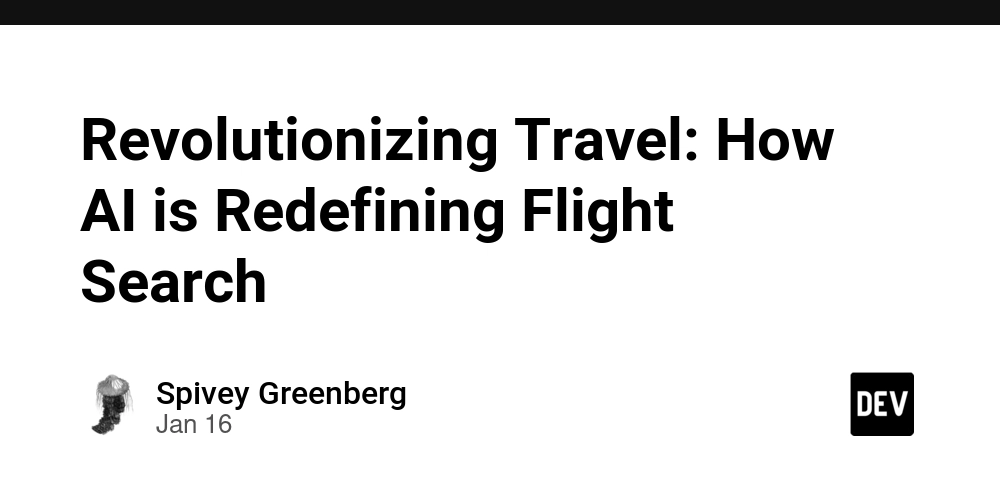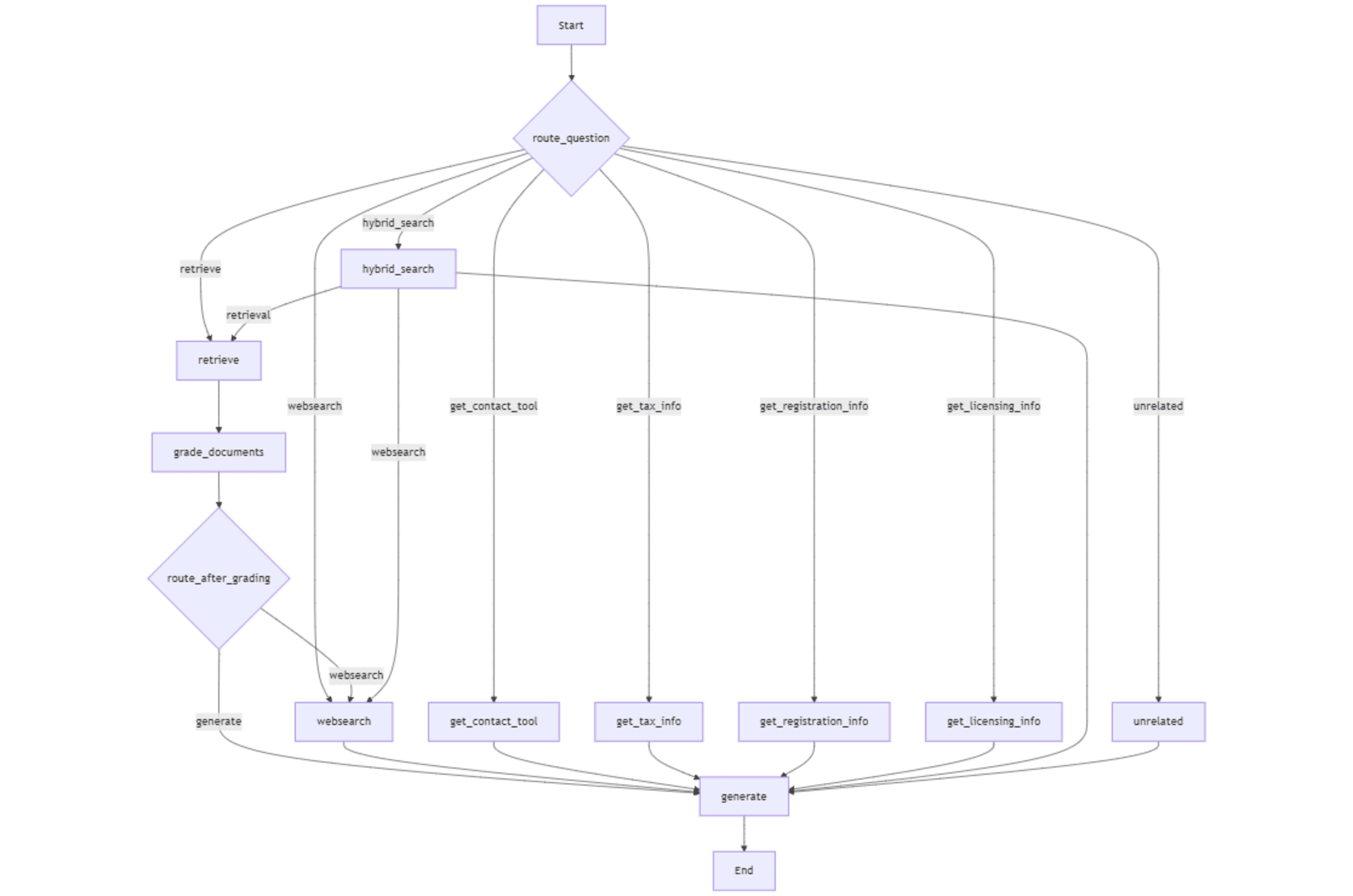Revolutionizing Travel: How AI is Redefining Flight Search
In recent years, the travel industry has witnessed a significant transformation driven by advancements in technology. Among these innovations, artificial intelligence stands out as a game changer, especially in how travelers search for flights. Gone are the days of manually sifting through countless flight options on various websites. Instead, AI for flight search is streamlining the process, personalizing it, and making it more efficient for users around the globe. With the power of machine learning and data analytics, AI systems can analyze vast amounts of information in real time. This enables them to provide personalized recommendations based on individual preferences and travel habits. From finding the best prices to suggesting optimal flight times, AI is not only saving travelers time but also enhancing their overall travel experience. As AI for Flight Search of air travel continues to evolve, AI is redefining how we approach flight search, making it easier and more intuitive than ever before. The Role of AI in Flight Search AI is transforming the way travelers search for flights by significantly enhancing the efficiency and personalization of the booking process. Traditional flight search engines typically rely on static algorithms that may not take into account individual traveler preferences or changing market conditions. In contrast, AI-driven systems leverage advanced machine learning techniques to analyze vast amounts of data from various sources, providing users with more relevant and timely flight options. This capability helps travelers save time and effort by quickly identifying the best flights suited to their needs. Moreover, AI tools can anticipate traveler behavior and preferences, making the search process not just reactive but proactive. By analyzing patterns from past searches and bookings, these systems learn individual user tendencies, such as preferred airlines, layover times, and budget constraints. This information allows AI to present customized recommendations, potentially leading to a more satisfying and efficient travel experience. By personalizing flight searches, AI is able to enhance user engagement and satisfaction. In addition to personalization, AI also plays a crucial role in optimizing pricing strategies in flight search. Dynamic pricing models fueled by AI can adjust fares in real-time based on demand, availability, and competitor offerings. This means that travelers may be offered lower fares as a result of algorithm-driven analyses instead of static pricing, which can fluctuate based on changing market dynamics. With the ability to predict price trends and provide alerts, AI ensures that travelers are more likely to secure the best deals available, fundamentally redefining how they approach flight search and booking. Enhanced User Experience with AI The integration of AI in flight search has significantly enhanced the user experience, making it more intuitive and personalized. AI algorithms analyze user behavior and preferences, allowing them to tailor search results based on past bookings, preferred airlines, and travel patterns. This personalization creates a more engaging process, enabling travelers to quickly find options that align with their specific needs without sifting through countless irrelevant flights. Moreover, AI-driven chatbots and virtual assistants are transforming the way travelers interact with flight search platforms. These tools are capable of understanding natural language, allowing users to pose questions and receive immediate, relevant responses. Whether it is checking flight availability, retrieving departure times, or understanding fare rules, these AI systems provide a seamless experience that mimics human interaction, enhancing customer satisfaction. Additionally, AI enhances the overall efficiency of flight searches by predicting price trends and suggesting the best times to book. By analyzing historical data and real-time pricing, AI can alert users to potential fare drops or advise them on when to make a purchase. This proactive approach not only saves travelers money but also reduces the stress associated with deciding the optimal time to book a flight, contributing to a smoother travel planning experience. Future Trends in AI-Powered Travel As the travel industry continues to evolve, AI is set to play an even more integral role in enhancing flight search experiences. One significant trend is the growth of personalized travel recommendations. Advanced algorithms will analyze individual traveler preferences, past behaviors, and real-time data to curate suggestions that align perfectly with personal tastes, making the flight selection process more intuitive and efficient. Another promising development is the integration of AI with virtual and augmented reality. This fusion will enable prospective travelers to experience destinations before booking flights, providing immersive previews that can influence their d

In recent years, the travel industry has witnessed a significant transformation driven by advancements in technology. Among these innovations, artificial intelligence stands out as a game changer, especially in how travelers search for flights. Gone are the days of manually sifting through countless flight options on various websites. Instead, AI for flight search is streamlining the process, personalizing it, and making it more efficient for users around the globe.
With the power of machine learning and data analytics, AI systems can analyze vast amounts of information in real time. This enables them to provide personalized recommendations based on individual preferences and travel habits. From finding the best prices to suggesting optimal flight times, AI is not only saving travelers time but also enhancing their overall travel experience. As AI for Flight Search of air travel continues to evolve, AI is redefining how we approach flight search, making it easier and more intuitive than ever before.
The Role of AI in Flight Search
AI is transforming the way travelers search for flights by significantly enhancing the efficiency and personalization of the booking process. Traditional flight search engines typically rely on static algorithms that may not take into account individual traveler preferences or changing market conditions. In contrast, AI-driven systems leverage advanced machine learning techniques to analyze vast amounts of data from various sources, providing users with more relevant and timely flight options. This capability helps travelers save time and effort by quickly identifying the best flights suited to their needs.
Moreover, AI tools can anticipate traveler behavior and preferences, making the search process not just reactive but proactive. By analyzing patterns from past searches and bookings, these systems learn individual user tendencies, such as preferred airlines, layover times, and budget constraints. This information allows AI to present customized recommendations, potentially leading to a more satisfying and efficient travel experience. By personalizing flight searches, AI is able to enhance user engagement and satisfaction.
In addition to personalization, AI also plays a crucial role in optimizing pricing strategies in flight search. Dynamic pricing models fueled by AI can adjust fares in real-time based on demand, availability, and competitor offerings. This means that travelers may be offered lower fares as a result of algorithm-driven analyses instead of static pricing, which can fluctuate based on changing market dynamics. With the ability to predict price trends and provide alerts, AI ensures that travelers are more likely to secure the best deals available, fundamentally redefining how they approach flight search and booking.
Enhanced User Experience with AI
The integration of AI in flight search has significantly enhanced the user experience, making it more intuitive and personalized. AI algorithms analyze user behavior and preferences, allowing them to tailor search results based on past bookings, preferred airlines, and travel patterns. This personalization creates a more engaging process, enabling travelers to quickly find options that align with their specific needs without sifting through countless irrelevant flights.
Moreover, AI-driven chatbots and virtual assistants are transforming the way travelers interact with flight search platforms. These tools are capable of understanding natural language, allowing users to pose questions and receive immediate, relevant responses. Whether it is checking flight availability, retrieving departure times, or understanding fare rules, these AI systems provide a seamless experience that mimics human interaction, enhancing customer satisfaction.
Additionally, AI enhances the overall efficiency of flight searches by predicting price trends and suggesting the best times to book. By analyzing historical data and real-time pricing, AI can alert users to potential fare drops or advise them on when to make a purchase. This proactive approach not only saves travelers money but also reduces the stress associated with deciding the optimal time to book a flight, contributing to a smoother travel planning experience.
Future Trends in AI-Powered Travel
As the travel industry continues to evolve, AI is set to play an even more integral role in enhancing flight search experiences. One significant trend is the growth of personalized travel recommendations. Advanced algorithms will analyze individual traveler preferences, past behaviors, and real-time data to curate suggestions that align perfectly with personal tastes, making the flight selection process more intuitive and efficient.
Another promising development is the integration of AI with virtual and augmented reality. This fusion will enable prospective travelers to experience destinations before booking flights, providing immersive previews that can influence their decisions. Imagine trying out a virtual tour of an airport or exploring the ambiance of a hotel room before deciding on your journey. Such technology can significantly elevate user engagement and satisfaction.
Lastly, the rise of AI-driven predictive analytics will transform how airlines and travel agencies approach flight pricing and availability. By leveraging vast amounts of historical data and real-time market conditions, AI can forecast demand fluctuations and adjust pricing dynamically. This capability will not only benefit consumers by offering fairer prices but also help airlines optimize their revenue management strategies, creating a more balanced and sustainable travel ecosystem.






















